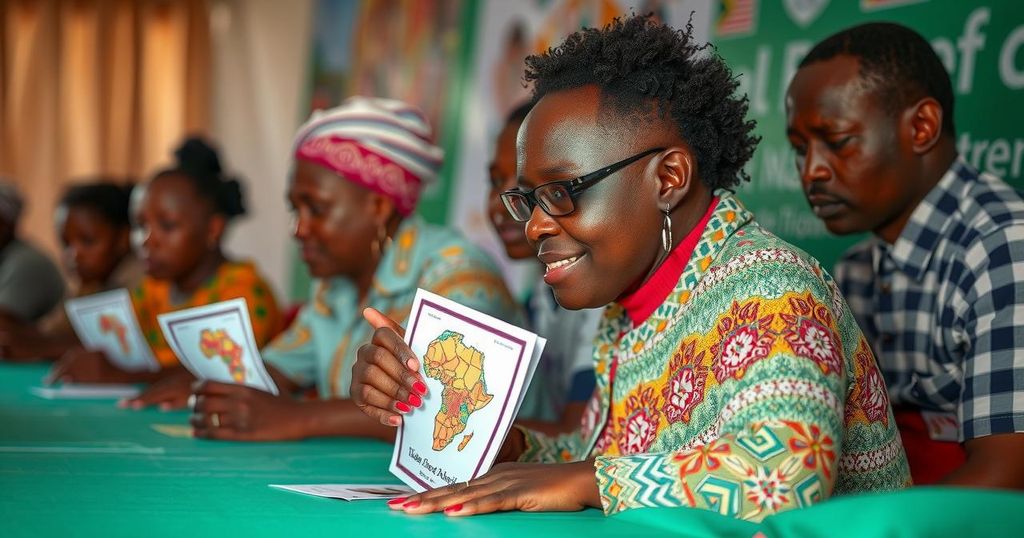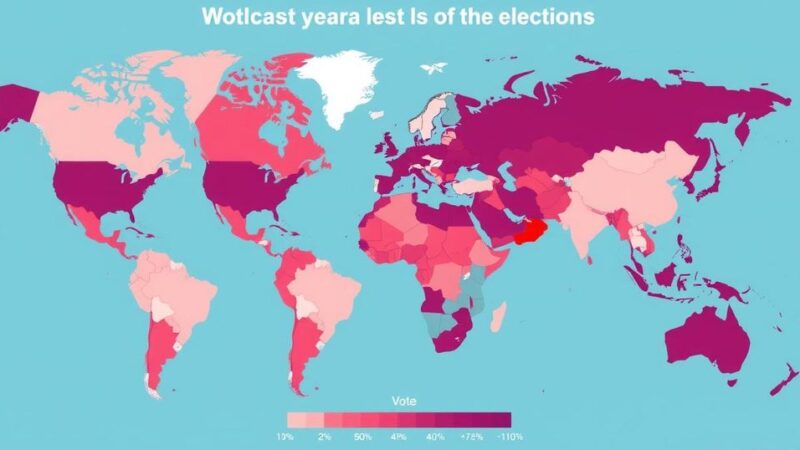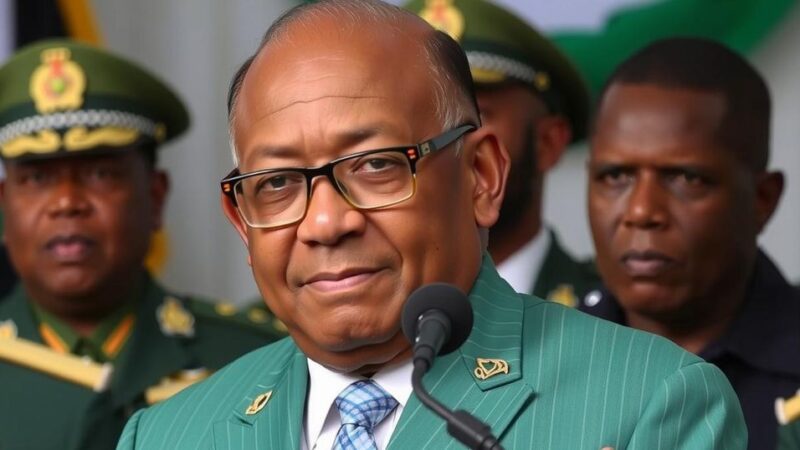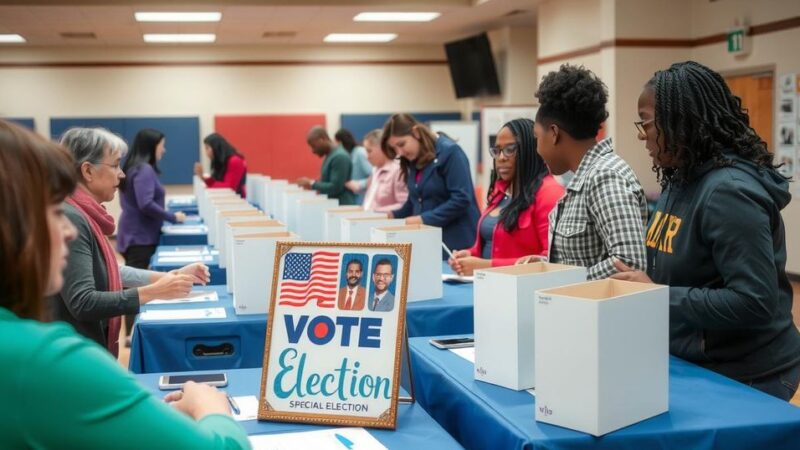In 2024, significant political changes emerged in Southern Africa as long-standing liberation parties confronted mounting frustrations among younger voters regarding governance and economic opportunities. The elections led to major victories for opposition parties in Botswana and South Africa, alongside significant unrest in Mozambique, reflecting a broader regional demand for accountability and responsive leadership. These developments underscore a critical generational shift within the political landscape, signifying a departure from historical allegiances as societies evolve.
The elections in Southern Africa in 2024 have resulted in significant shifts in the political landscape, particularly affecting long-established liberation parties. Throughout the region, the struggle for power often leads to military coups and civil unrest, unlike the relatively stable democratic environment observed in Southern Africa. Increased expectations for economic growth and job creation from the younger population, who lack personal recollections of colonial rule, signify a changing political focus. Recent electoral outcomes, including losses for historic parties such as the Botswana Democratic Party and South Africa’s African National Congress, emphasize a growing demand for accountability and effective governance.
In Botswana, the ruling BDP’s historic defeat marked the end of 58 years of governance, as voters responded to growing economic challenges. The ANC in South Africa has seen a considerable decline in support, dropping to its lowest levels since the end of apartheid, due to public dissatisfaction with corruption and poor service delivery. Meanwhile, Namibia’s SWAPO party narrowly maintained its parliamentary majority, facing potential future challenges amid changing voter sentiments.
Elections in Mozambique ignited violent protests after the ruling Frelimo party extended its long tenure, highlighting increasing discontent among the youth. The political tensions reflect a broader tendency across the continent toward demanding responsive and accountable governance, driven by young voters eager for change. This political recalibration signifies a critical juncture for African democracies as they navigate the complexities of modern governance and societal expectations.
In various regions, such as Mauritius and Senegal, opposition coalitions have successfully unseated longstanding governments, evidencing a continent-wide shift toward new leadership. The spread of youth-led activism and public demands for improved governance underscores the urgency for political parties to adapt to the evolving electorate’s needs.
The political environment in Southern Africa has been characterized by a unique stability compared to other African regions, where military takeovers and civil conflicts are rife. However, the elections of 2024 signaled a shift as long-term ruling parties faced challenges from younger generations dissatisfied with economic opportunities and governance. The historical context of liberation parties is waning in significance as the electorate prioritizes performance and accountability. This change shapes the future political dynamics of the region and reflects broader trends observed across the continent.
The 2024 elections in Southern Africa have illustrated a notable transformation in political power dynamics, particularly affecting longstanding liberation parties. As younger voters take center stage, there is a discernible shift toward demanding accountable governance and effective economic solutions. This trend is indicative of a broader movement across the African continent, where traditional political structures face increasingly vocal and engaged electorates. The ongoing evolution in Southern Africa presents both challenges and opportunities for its political landscape moving forward.
Original Source: apnews.com







